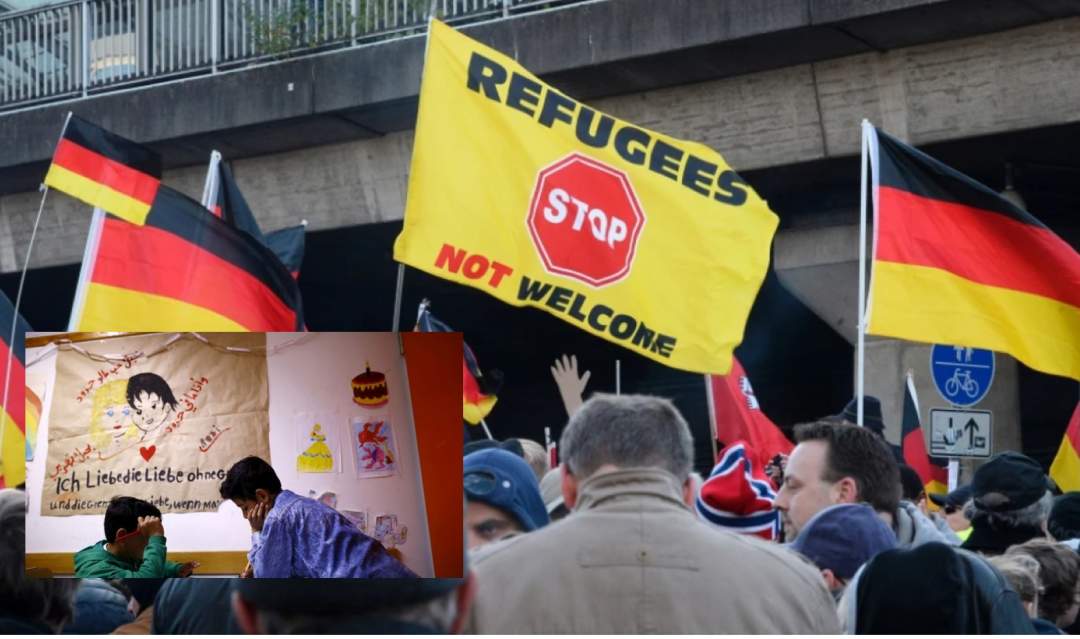Dániel Bohár's short film also reveals why.
More and more Germans are moving to Hungary, there are smaller villages on Transdanubia where people from the west have already occupied an entire street. In the meantime, more and more Hungarians who emigrated years ago with the promise of the far west are deciding to move home.
They are fed up with illegal migration, gang frenzy, mainstream media silence and economic hardship.
Dániel Bohár asked Germans and Hungarians in both countries why Germany has become unlivable and why they consider Hungary a peaceful and calm country.
You can watch the video below:
The majority of Europeans reject the European Union's migration rules - this is one of the remarkable findings of an exclusive Euronews poll conducted by Ipsos among nearly 26,000 voters in 18 member states.
The survey shows that
51 percent of Europeans evaluate the bloc's impact on migration policy as "negative".
and only 16 percent have a "positive" opinion about it. Meanwhile, 32 percent believe that the impact of the union is "neither positive nor negative."
The trend applies uniformly across genders, age groups and occupations. France (62 percent), Austria (60 percent) and Hungary (58 percent) are the most critical nations, while Denmark (26 percent), Romania (27 percent) and Finland (32 percent) are the least critical.
The most marked differences can be seen according to party preference: the strictest opinion - as expected - is represented by those who support the right-wing Identity and Democracy (78 percent) and the also right-wing European Conservatives and Reformists (65 percent), followed by the Left, which is at the other end of the political spectrum. (55 percent).
Among the voters of the center-right European People's Party (EPP), 46 percent view the EU migration policy negatively, 20 percent positively, and 34 percent neutrally. Those who support the center-left Socialists and Democrats (S&D) group are undecided: 33 percent reject the migration policy, 24 percent support it, and 42 percent are neutral on the issue.
Dissatisfaction with the EU's migration policy manifests itself in a general demand to strengthen border control in order to combat illegal migration:
71 percent of those who took part in the survey agree that this should be the main focus in the coming years.
In contrast, only 28 percent of Europeans think that the bloc should prioritize the "policy of accepting immigrants in the name of humanist values". It is noteworthy that the two southern European frontline countries, Spain (41 percent) and Italy (39 percent), are most receptive to this latter approach.
According to 59 percent of those surveyed, the EU should treat the fight against illegal migration as a priority. This makes it the fourth most important issue for voters in the EU after rising prices, social inequality and economic growth, ahead of unemployment, climate change, collective defense and aid to Ukraine.













